Regeneration of hair cells in an adult mammalian ear achieved
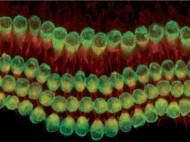 Sensorineural hearing loss is the most common form and it is caused by the loss of sensory hair cells in the cochlea. Unlike birds and fish, mammals do not regenerate these auditory hair cells, so we relied on hearing aids and cochlear implants to aid in these situations. Massachusetts Eye and Ear and Harvard Medical School used a drug to stimulate resident cells to become new hair cells, thus enabling regeneration of hair cells in an adult mammalian ear.
Sensorineural hearing loss is the most common form and it is caused by the loss of sensory hair cells in the cochlea. Unlike birds and fish, mammals do not regenerate these auditory hair cells, so we relied on hearing aids and cochlear implants to aid in these situations. Massachusetts Eye and Ear and Harvard Medical School used a drug to stimulate resident cells to become new hair cells, thus enabling regeneration of hair cells in an adult mammalian ear.
“Hair cells are the primary receptor cells for sound and are responsible for the sense of hearing”, said Dr. Albert Edge, of Harvard Medical School and Mass. Eye and Ear. “We show that hair cells can be generated in a damaged cochlea and that hair cell replacement leads to an improvement in hearing.”
Hair cell loss occurs due to a variety of factors such as noise exposure, aging, toxins, infections, and certain antibiotics and anti-cancer drugs. In the experiment, the researchers applied a drug to the cochlea of mice, whose was deaf due to damage by noise trauma.
The drug acted by inhibiting an enzyme called gamma-secretase that activates a number of cellular pathways. The drug applied to the cochlea inhibited a signal generated by a protein called Notch on the surface of cells that surround hair cells. These supporting cells turned into new hair cells upon treatment with the drug. Replacing hair cells improved hearing in the mice, and the improved hearing could be traced to the areas in which supporting cells had become new hair cells.
“The missing hair cells had been replaced by new hair cells after the drug treatment, and analysis of their location allowed us to correlate the improvement in hearing to the areas where the hair cells were replaced”, said Dr. Edge. “We’re excited about these results because they are a step forward in the biology of regeneration and prove that mammalian hair cells have the capacity to regenerate. With more research, we think that regeneration of hair cells opens the door to potential therapeutic applications in deafness.”
Further research in this direction could lead to future therapeutic application where this approach could be used to reverse deafness in humans. Since the researchers managed to demonstrate that they were able control the auditory frequency at which they improved the hearing of the mice by changing where in the cochlea they injected the drug, their drug could also be used to repair frequency-specific hearing loss.
For more information, read the article published in the journal Neuron: “Notch Inhibition Induces Cochlear Hair Cell Regeneration and Recovery of Hearing after Acoustic Trauma”.

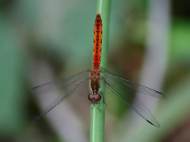

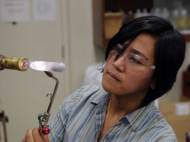
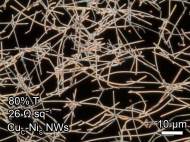
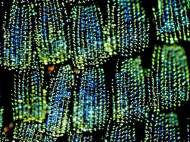
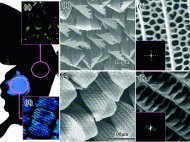
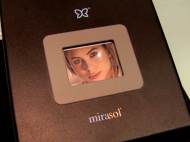
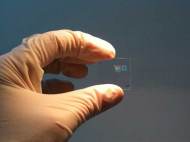
This is amazing! Hope they make this available soon and help us with hearing loss.
Could this help people who are born deaf?